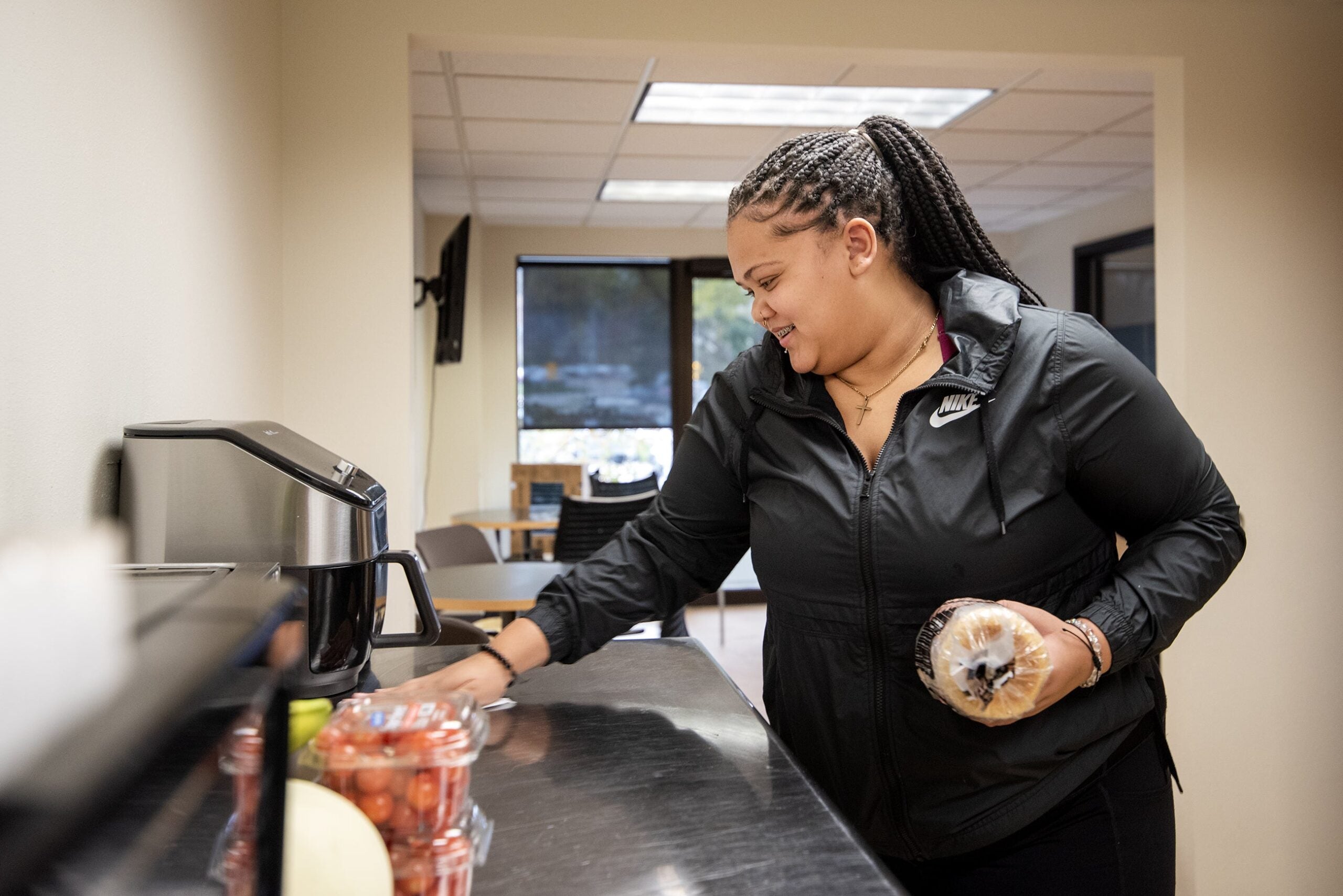Wisconsin Voices For Recovery has received a new grant from the State Department of Health Services to train recovery coaches to help those around the state struggling with addiction. We hear from one of the coaches and the director. We also talk about racism on college campuses and take a look at challenges to the Dodd-Frank Wall Street Reform and Consumer Protection Act.
Featured in this Show
-
U.S. Senate Bill Could Loosen Recession-Era Banking Regulations
Some elements of Dodd-Frank could be repealed under a new bill in the United States Senate. In 2010, Congress passed the Dodd-Frank Wall Street Reform and Consumer Protection Act. The legislation put a series of regulations and safeguards in place to avoid another financial crisis similar to the Great Recession. Lawmakers who support repealing portions of Dodd-Frank say it will help smaller banks be more competitive, but those who oppose the move say that banks will lack strict oversight, which puts consumers at risk. We speak with Victoria Guida of Politico about the proposed changes and the impact those changes could have.
-
Racism On Campus
College campuses are often criticized for promoting political correctness– choosing words or policies so as not to offend groups of people.
Tressie McMillan Cottom has a counterpoint. She is an author and an assistant professor of sociology at Virginia Commonwealth University who says the problem on campuses isn’t PC culture… it’s racism.
-
Organization Aims To Curb Growing Opioid Crises In Wisconsin
A new report from the Centers for Disease Control and Prevention found Wisconsin’s rate of drug and opioid deaths exceeds the national average. One Wisconsin organization is looking to combat that through recovery coaches who have experienced addiction themselves.
“When a person walks into the emergency department and can say, ‘I’ve lived through an opioid overdose or I’ve lived through addiction and now I’m on the other side of that,’ that gives the individual hope in a way that doctors and nurses — who do amazing work — can’t,” said Caroline Miller, director of Wisconsin Voices for Recovery.
ED2Recovery is a statewide program that trains recovering addicts to be peer advocates for those fighting addiction. Wisconsin Voices for Recovery, supported by the Wisconsin Department of Health Services and housed at the University of Wisconsin-Madison, received a $1.4 million grant to run the program.
When a patient is taken to the emergency room following an overdose, a recovery coach meets with them to provide emotional support and additional resources if the individual is open to it, Miller said. The coach then continues to follow up and offer support after the hospital stay.
Opioid-related overdoses continue to worsen across the country, last year alone saw a jump of nearly 30 percent. In Wisconsin, the news is even more bleak. From July 2016 to September 2017, the rate of emergency room visits due to opioid overdose increased 109 percent, the largest in the country, according to the CDC.
Michael Kelly, one of the more than 87 recovery coaches employed by the organization, says ED2Recovery gives people hope that they can beat addiction.
“The biggest thing we run into is the person will say, ‘I didn’t feel like I was alone anymore,’” he said. “It gives them the hope they need to get out and through the struggle.”
The program is currently working with 10 organizations and is present in 14 hospitals in 12 counties around the state, Miller said.
“We’re hoping to be in at least five to 10 more counties across the state,” she said. “It’s a very large program, but we’re hoping to get in as many counties in the state of Wisconsin as we can.”

Map showing where ED2Recovery has a presence. Map courtesy of ED2RecoveryRecovery coaches must be individuals who have experienced addiction recovery, either personally or through a family member. They offer patients an opportunity to talk about their experience without the fear of judgment, Miller said.
“We often encourage our recovery coaches to just listen when they go in for the first meeting,” she said. “It’s not about offering advice or telling people what paths to take, it’s listening to their story.”
All ED2Recovery coaches are trained using the CCAR Recovery Coaching Training model that teaches coaches how to listen, be empathetic and set boundary and ethics guidelines, Miller said.
Though Miller is optimistic about the strides the program has made, she says there is still a stigma that lingers around addiction.
“A lot of time stigma gets in the way of those seeking recovery,” she said. “It’s not a moral failing or choice, addiction is a medical condition.”
Kelly agrees, and stresses that is why it is so important to have recovering addicts help others — so they can see first hand that it’s a battle that can be won.
And that’s a benefit coaches reap, as well, he said.
“You have to go back through your own mind and look at your own recovery again and it keeps reminding you of the good things that have happened and how much better it is now,” Kelly said.
-
Recovery Coaches To Offer Peer Support For Those Experiencing Addiction
Wisconsin Voices For Recovering is moving forward with a new program that trains people who have experienced addiction and recovery, either through themselves or others, to help others who are experiencing addiction. The program has just received a new grant of $1.4 million from the Wisconsin Department of Health Services. We speak with the director of the program and one recovery coach.
Episode Credits
- Rob Ferrett Host
- J. Carlisle Larsen Producer
- Gretchen Brown Producer
- Natalie Guyette Producer
- Victoria Guida Guest
- Tressie McMillan Cottom Guest
- Caroline Miller Guest
- Michael Kelly Guest
Wisconsin Public Radio, © Copyright 2026, Board of Regents of the University of Wisconsin System and Wisconsin Educational Communications Board.


